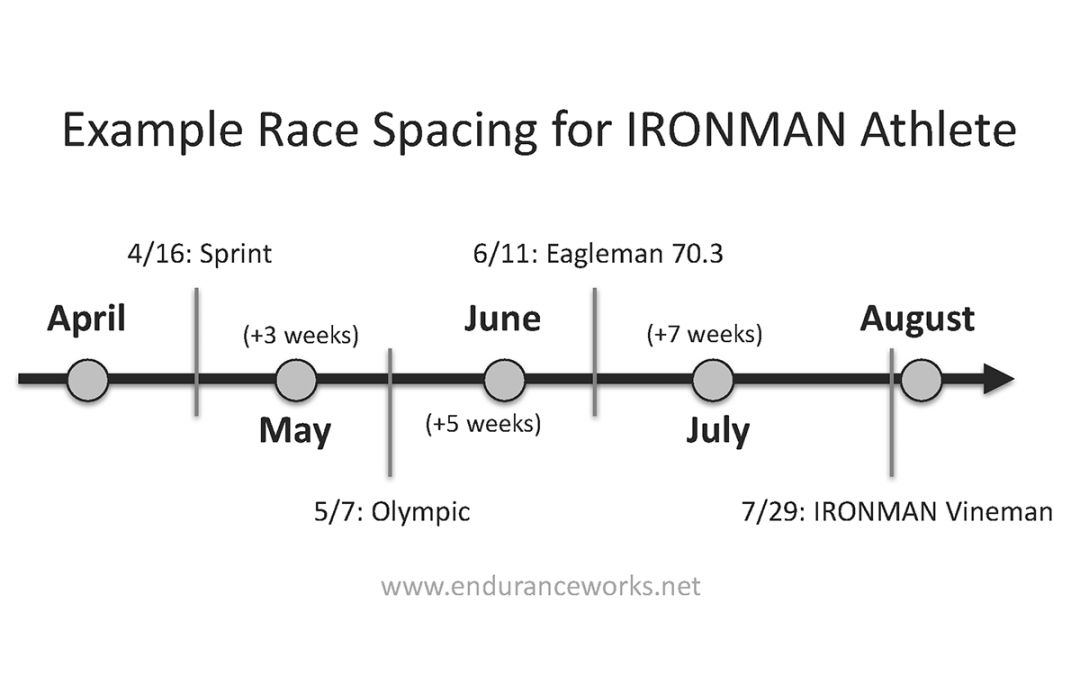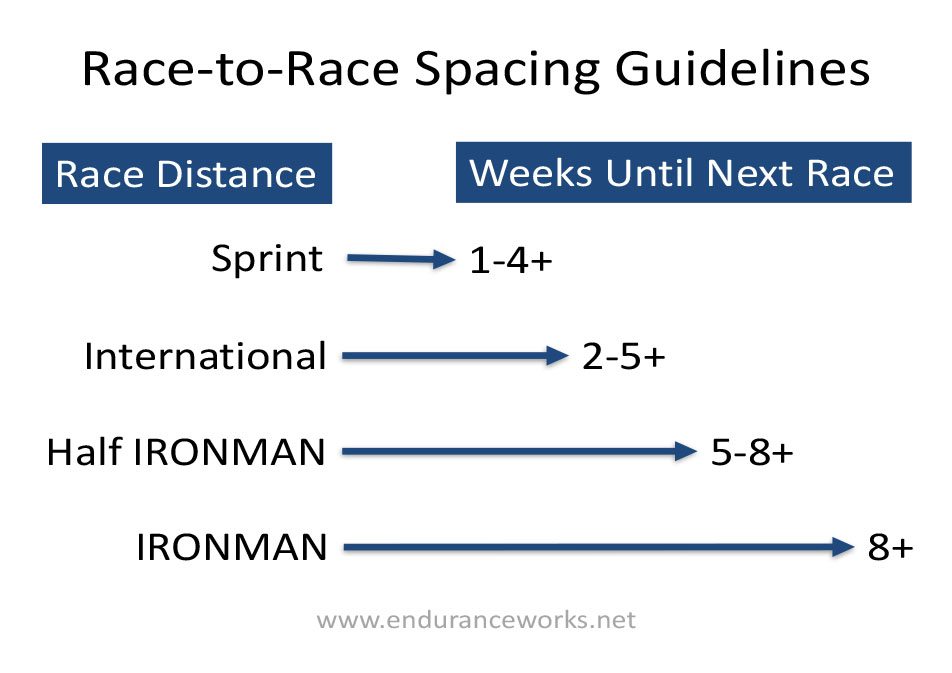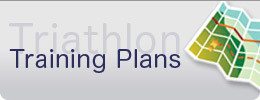“If you don’t know where you are going, you will probably end up somewhere else.” — Lawrence Peters
I was at a charity fundraising event in early February many years ago where I ran into a friend who was also a triathlete. He told me he was training for IRONMAN New Zealand in March.
“How’s the training going?” I asked. We were both living in Virginia, and it had been an especially cold and snowy winter that year.
“I’m never going to do this again,” he replied. “I hate having to do my long rides on the trainer.”
There are two key takeaways from his response.
- First, time of year for both when you’re racing and when you’re doing the bulk of your training is an important consideration depending on where you live. Training through the winter also means less daylight.
- Second, by selecting such an early season IRONMAN, he was unable to do any shorter races leading up to it. These races are important for evaluating fitness, building confidence and practicing the flow of a triathlon.
What was the outcome? My friend did not have a good race at New Zealand. In fact, it was his slowest IRONMAN finish ever. Although many factors influence race results, poor race choice was a primary factor leading to his underperformance.
So, How Do You Strategically Choose Races?
Here are five steps to strategically choosing your triathlon races:
1. Begin at the END!
Ask yourself these questions:
- How do I define success for me next year?
- What do I need to do to achieve it?
- Is this realistic at this point in my life? For example, if you just started a new job, days off may be limited so training long on during the week won’t be an option.
- What are the 1-3 races that I can focus on to achieve those goal(s)? Here are 6 Important Considerations When Choosing Your Triathlon Races.
Next, take a blank calendar (I print out a blank online calendar from iCal) and start by penciling in the races. Also, note other known events that will be taking place in your life during the year – a wedding? vacation? travel for work? etc.
2. Race Shorter Triathlons Prior to Longer Events
As I mentioned above, shorter events provide an opportunity to practice the mechanics of a triathlon, build confidence and evaluate your fitness. I suggest progressing in distance if reasonably possible. For example, prior to racing in a half Ironman, I’d recommend racing a sprint then an international triathlon (in that order). Next best thing would be to race one or the other prior to the half. Open water swim races, cycling rides and running race can also be substituted in if a triathlon is not available.
Here are suggested guidelines for the spacing intervals between races:
How to use this chart:
- This chart shows the recommended time (in weeks) after doing a race before doing another race.
- For example, if I was doing IRONMAN Florida in November and wanted to do a Half IRONMAN prior to Florida, I’d choose a half that was 5-8 weeks before Florida.
- Keep in mind that these are suggested guidelines based on my experiences as an athlete and a coach. As such, your coach may follow different guidelines.
3. Race Frequency: No More than One Race Per Month
I like one race per month because it’s often enough for motivation but not so much that you’re racing all the time and training becomes inconsistent.
4. Prioritize All Events (Not Just Races)
Life happens. By clearly prioritizing which events – not just races but other life events, too – are most important, you’ll have better chances in getting these events completed successfully.
5. Remember: Some science, some art – there’s no “one size fits all”
These are simply guidelines. Think of your schedule written in pencil as a draft. Revisit and revise as needed.
Example of Strategic Race Spacing
The image at the top of this blog post provides an example of how a triathlon season might ideally look. In this example, the athlete progresses from sprint to international (3 weeks later) to half (5 weeks later) before competing in IRONMAN Vineman (7 weeks later) at the end of July.
Happy training,
David
—
About the Author:
Coach David B. Glover, MS, CSCS has completed 28 IRONMAN distance triathlons including two sub 9 hour finishes and winning Vineman Full twice. Now, David’s passion now is helping triathlete and other endurance athletes achieve their dreams through his online triathlon education and training company, ENDURANCEWORKS. David has an MS in Exercise Physiology and is certified as a coach by USA Triathlon and USA Cycling as well as having his CSCS from NSCA. After six years of living, training and coaching in the triathlon mecca of Boulder, CO, David currently resides in Southern California.



